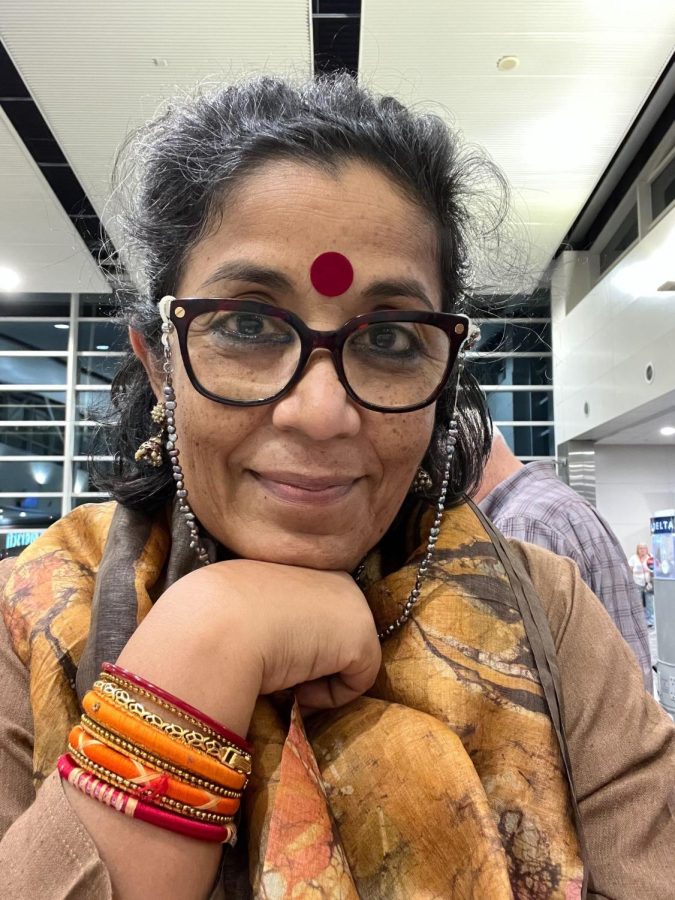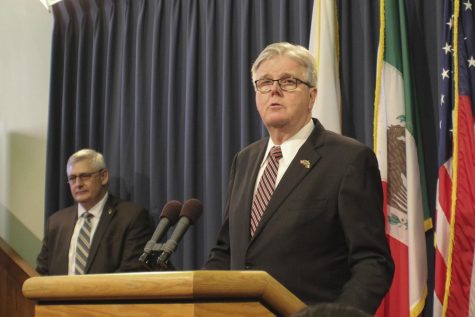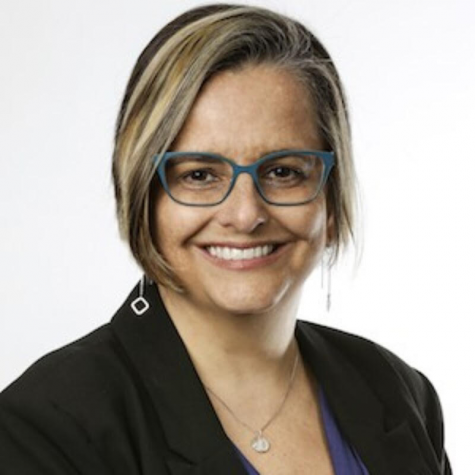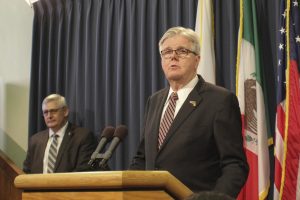1619 Project reviewed by UT professor, reflected on by others
February 9, 2023
The 1619 Project is a research collection that argues American history started when the first slave ships arrived at the English colony of Virginia in 1619. On Jan. 24, Indrani Chatterjee, UT history and Asian studies professor, published her review of the project for the American Historical Review, a national history journal, alongside 19 other researchers.
Spearheaded by Nikole Hannah-Jones, an investigative journalist for The New York Times, the 1619 Project is a collection of essays, literature, curricular resources and, most recently, a Hulu docuseries. According to the New York Times Magazine, the project aims to reframe the country’s history by bringing attention to the effects of slavery and the contributions of Black Americans.
Currently, the 1619 Project is banned from being taught in all curriculums in public K-12 classrooms in Texas, with potential ramifications for the teaching of American history at public universities like UT. The 1619 Project is listed as one of the pieces banned under critical race theory policy.
The backlash of the political and historical controversy led the American Historical Review to organize a collection of reviews through the 1619 Project Forum and commissioned Chatterjee in 2022 as a reviewer given her expertise on South Asian slavery.
Chatterjee said the 1619 Project is valuable because it offers the chance to review traditional historical narratives through different perspectives.
“I think it is a very important step, not the final step, but certainly an important step in what I would call decolonization history writing,” Chatterjee said. “In historical scholarship, there is now a … consensus that history writing from a European colonial perspective doesn’t always understand parts of even American history, or parts of the global South, where the colonies first came up.”
Jeremi Suri, a history professor who teaches the work of some 1619 Project authors in his classes, said he uses ideas from the writers of the project to prompt the discussion of freedom and democracy in American society. Suri said he has not received any pushback on his teaching, but is concerned about attempts to do so.
“I don’t think it’s the role of any government, whether it’s a Democratic or Republican government, to tell scholars what to teach or to tell teachers what to teach,” Suri said.
H.W. Brands, senior chair and history professor, said that given governmental response to the project, tenure at public universities is a significant indicator of how professors will approach race and history in education.
“If I were an assistant professor, and I were hoping to get tenure at some point, then I might think about (teaching critical race theory),” Brands said. “(But) don’t provoke unnecessarily. If you must, go ahead. But be aware that there might be some consequences.”
Brands and Suri both noted educators should make it a goal to challenge students with diverse and potentially controversial perspectives so they can learn to think critically.
“When we’re teaching history, we are not teaching students to think one way or another,” Suri said. “We are exposing them to evidence and research, and we’re providing them the tools to make their own judgments about our past.”







